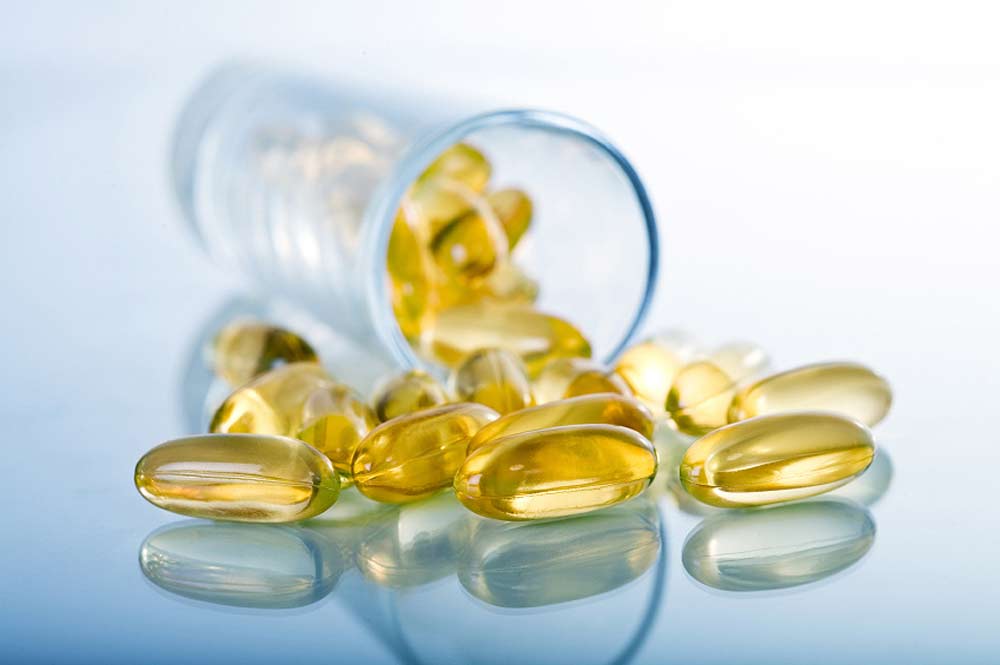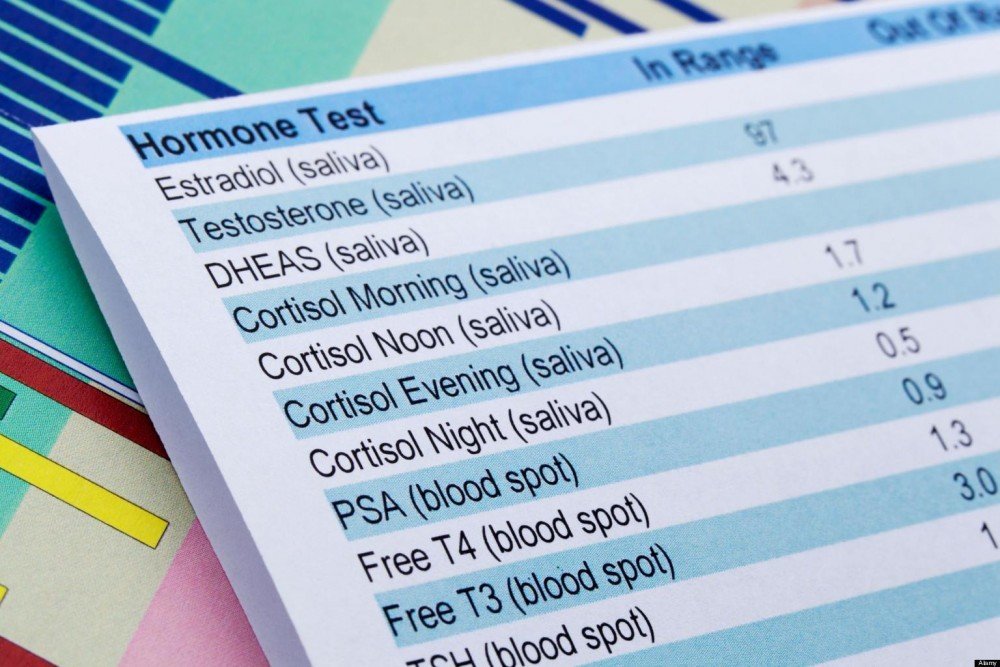Research has uncovered the mastermind molecule behind acne. Mammalian target of rapamycin (mTor) regulates all aspects of acne, including sebum production, cell growth and skin inflammation. It can read the levels of various hormones and nutrients and regulate cell growth and sebum production based on these signals.
In this post I’ll explain the mTor pathway and how it contributes to acne. What’s more important, understanding the mTor pathway and how it’s activated opens up new ways to reduce acne, something we’ll also look at.
What is mTor
Let’s start with a brief explanation of what mTor is. mTor is an abbreviation of mammalian target of rapamycin, a protein that regulates cell growth, cell division and cell survival.
mTor can activate (or turn on) mechanism that promote cell growth, and over-activation of the mTor pathway (medical term for a chain of events where one protein activates the next, ultimately leading to some effect in the body) can lead to excessive cell growth. That’s why mTor has been implicated in some cancers, and why mTor inhibitors are currently being tested as anti-cancer drugs.
Excessively cell growth is also a problem in acne, and that’s why researchers are investigating the role mTor plays in acne and the potential of treating acne by inhibiting the mTor pathway. Let’s look at what scientists have learned so far.










